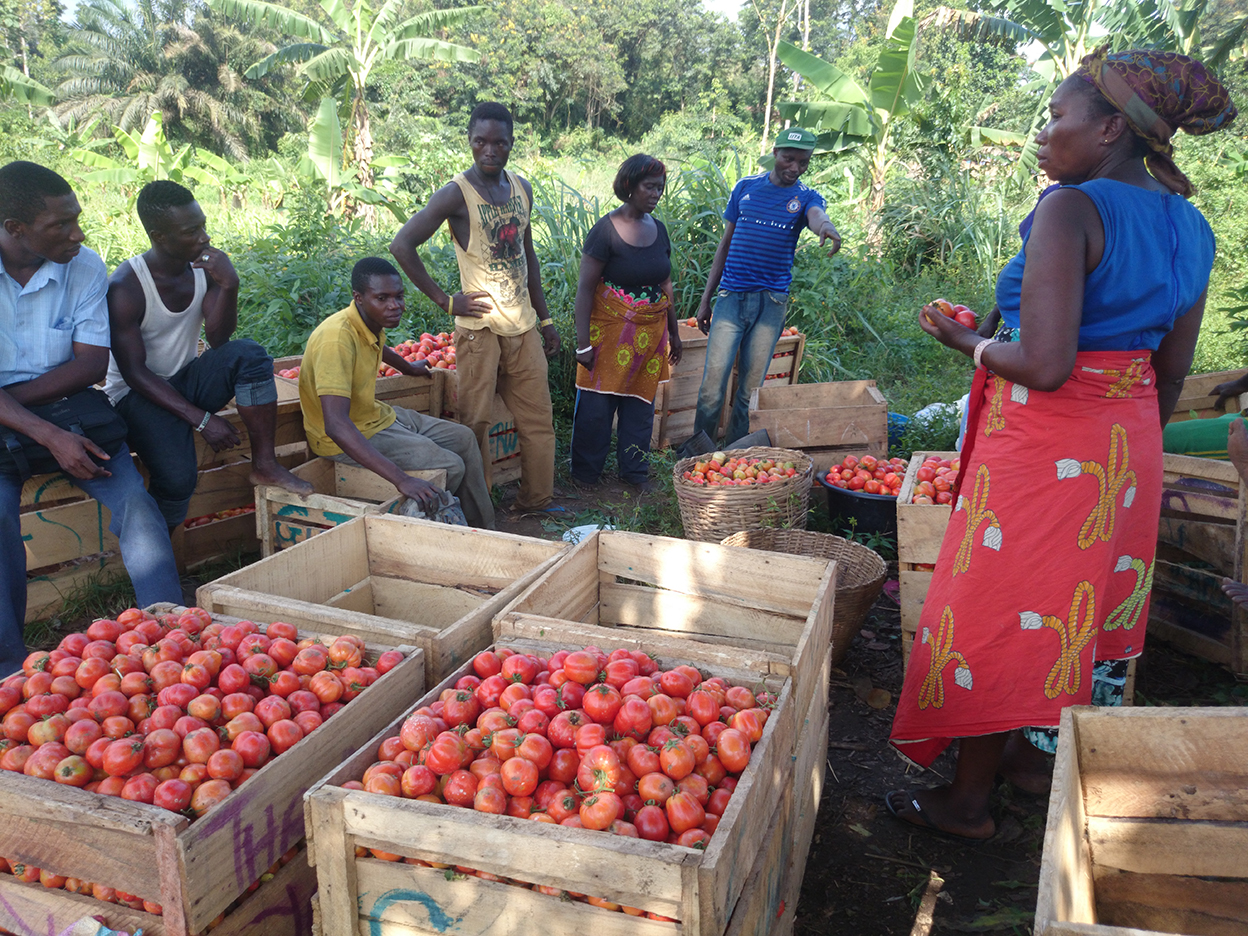
A student team’s proposal for solar-powered cold storage to address gender inequality and food loss in Ghana’s agriculture sector, has netted them a runner-up position at the grand finale of a worldwide impact investment challenge.
Combining engineering and business acumen, CoolidGe have come up with an innovative way to reduce food loss and waste, and related emissions, whilst also allowing women to spend their time more productively.
Edoardo Borgomeo, Associate Professor
MPhil in Engineering for Sustainable Development students Ryuta Kuniyoshi and Jocelin Wijaya, together with Cambridge MBA candidate Daisuke Nishizawa, took the second runner-up place at the International Finance Corporation’s (IFC) Impact Investing Challenge 2024 Grand Finale, in Washington, D.C., after securing a top three position in the Challenge overall.
Team CoolidGe, as they are known, were one of 190 teams representing 93 universities globally, who submitted a proposal to design a debt or equity fund that addresses the intersection of climate action and gender equality – with a focus on the challenge of climate change and its disproportionate impact on women and marginalised communities.
The team’s proposal is for Cooling as a Service (CaaS) in Ghana – a pay-per-use model for the successful implementation of solar-powered cold storage units for use by female farmers and housewives. It aims to boost farmers' productivity and tackle unnecessary food loss.
According to the Intergovernmental Panel on Climate Change report and Global Food Bank, food loss accounts for 8-10% of global greenhouse gas (GHG) emissions, with one third of food produced in Ghana going to waste. It is estimated that cold storage could potentially reduce these emissions by 15%.
The team said the rise in GHG emissions exacerbates the impact of climate change and negatively affects female farmers' incomes and productivity.

Tomato season in Koforidua, Ghana. Credit: Nkansahrexford via Wikimedia Commons.
“Women make up more than half of the agriculture workforce in Ghana,” they said. “Gender disparities in productivity and income are perpetuated by restricted access to appropriate technologies and financing, including cold storage solutions.”
The team added: “Our proposal of cold storage will allow farmers/housewives to increase the shelf life of their fresh produce and to sell them at fairer prices during periods of high demand, leading to less food loss. Additionally, cold storage services will reduce the time women spend on harvesting and cooking food hence there will be more time for income-generating, learning or development activities. These impacts will lead to the empowerment of women, reduce their vulnerability to climate change impact, and ensure food security.
“Our proposal is a servitisation model. Farmers will only pay for the cooling service they use. The manufacturers of the cold storage will be responsible for the maintenance and retrieval of the product at the end of service. This supports a circular economy.”
Edoardo Borgomeo, Associate Professor in the Department of Engineering and team adviser, said: “Combining engineering and business acumen, CoolidGe have come up with an innovative way to reduce food loss and waste, and related emissions, whilst also allowing women to spend their time more productively.”

